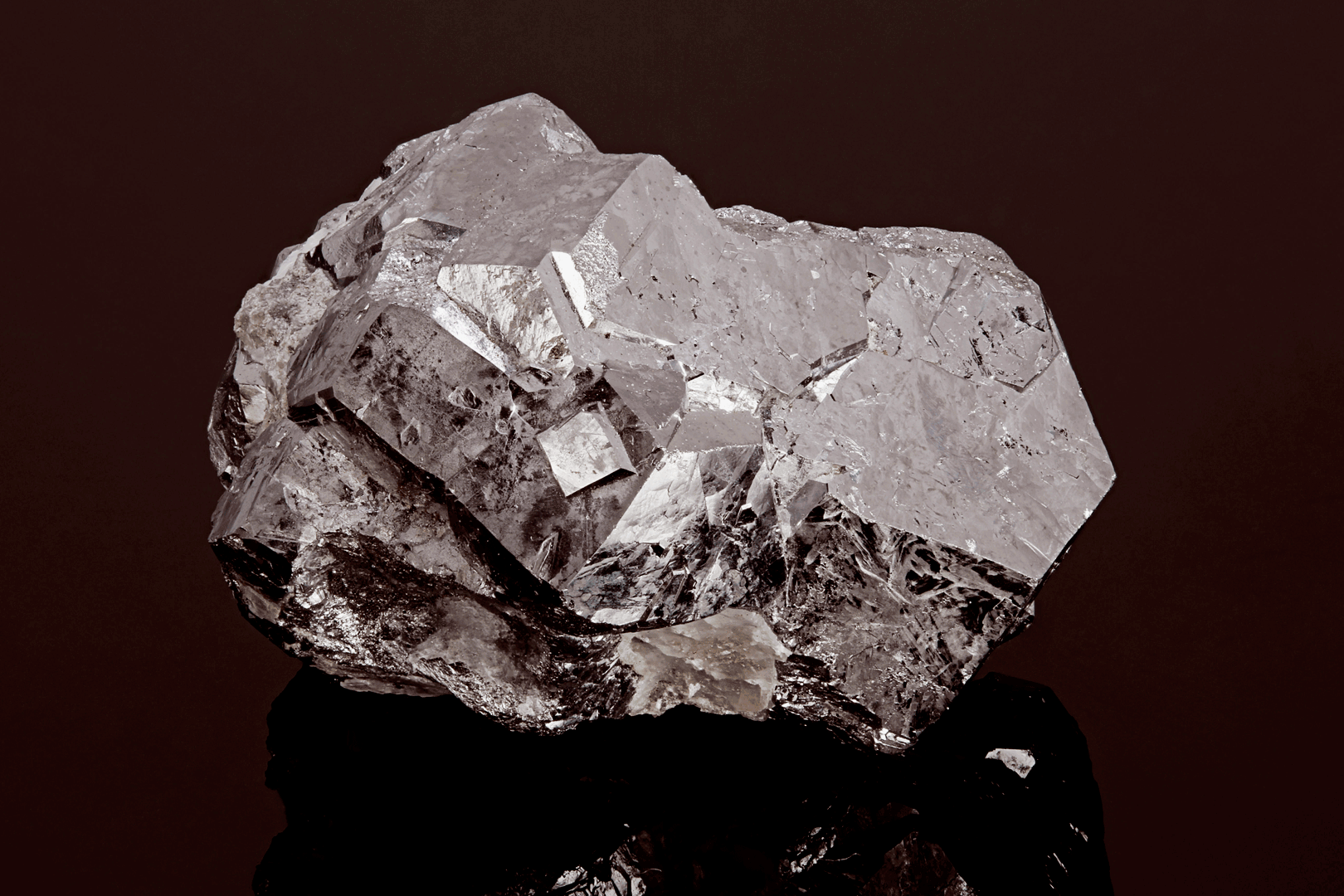A blockchain pilot scheme is set to help ensure that cobalt mined in the DRC – particularly by artisanal miners – does not contravene human rights, including child labour.
As the world’s largest producer of cobalt (54% of the 123 000 tons of cobalt worldwide in 2016), one-fifth of the DRC’s cobalt is produced by informal miners, according to a Reuters report. This presents challenges in terms of tracking, as scores of informal mines would have to be monitored; all players in the supply chain would need to buy into the scheme; and accurate, electronic data would need to be transmitted from remote areas.
Through the pilot, each sealed bag of cobalt produced by a vetted artisanal miner will receive a digital tag that is entered on blockchain via mobile phone (details will include the weight, date and time). A trader buying the bag will then record the details on blockchain, and the process would be repeated until the ore reaches a smelter – leaving a paper trail for downstream buyers and other third parties to view.
‘Blockchain-enabled supply chains will have the ability to deliver trust and transparency over the production of metals such as cobalt,’ says Harrison Mitchell, director of RCS Global. ‘Ensuring that information from these mine sites is inputted correctly and transparently is difficult, but it is possible.’ Blockchain technology is already used in the diamond industry.


